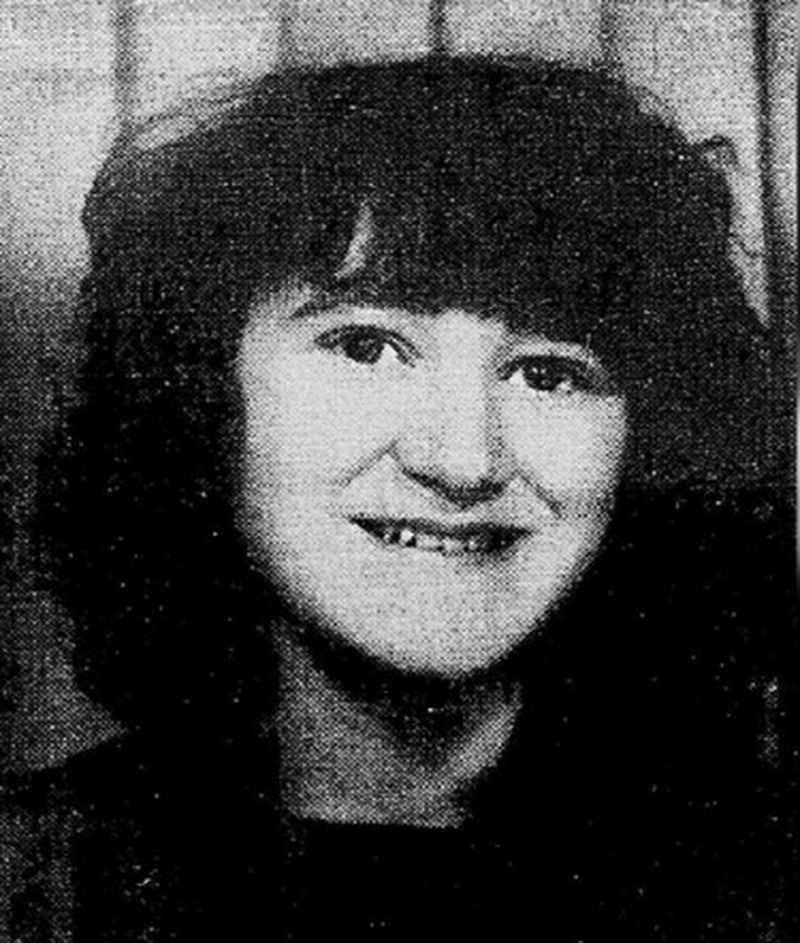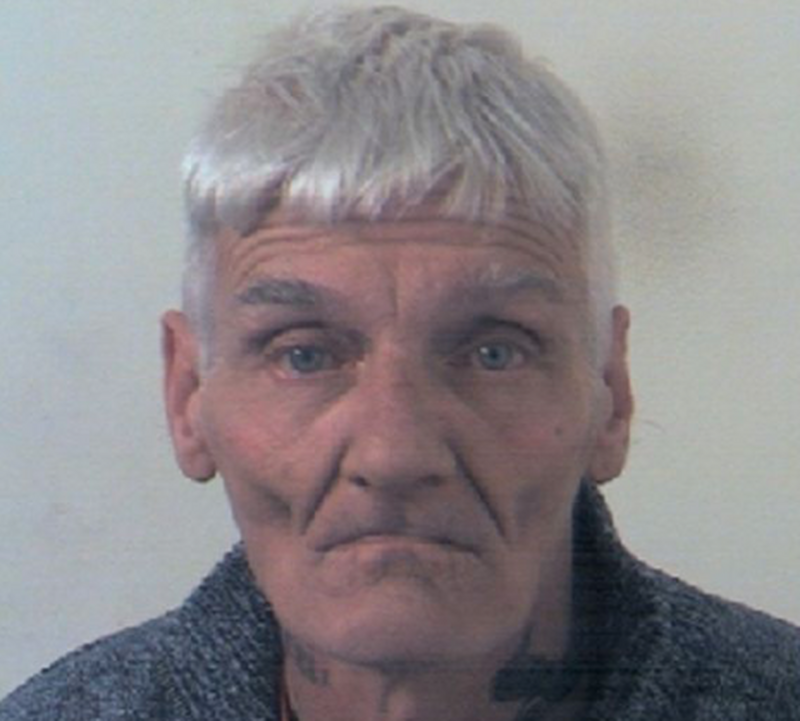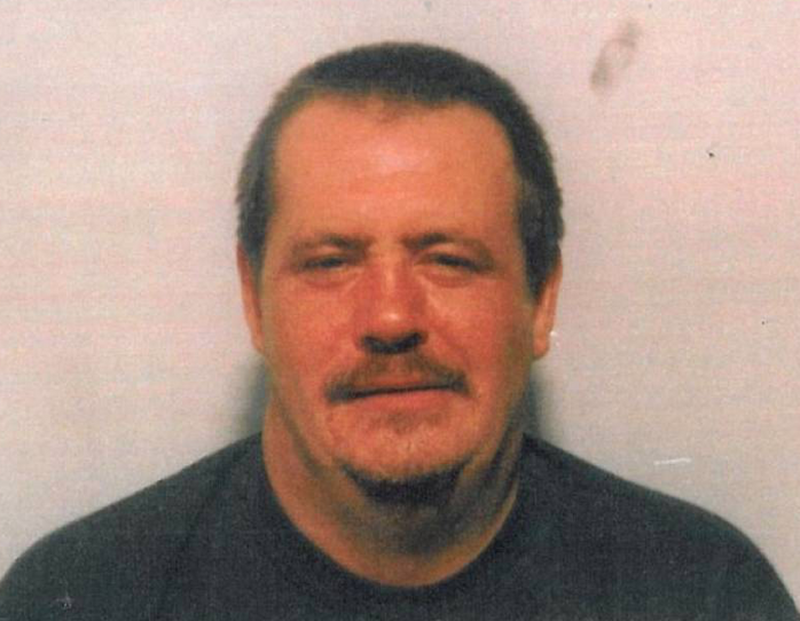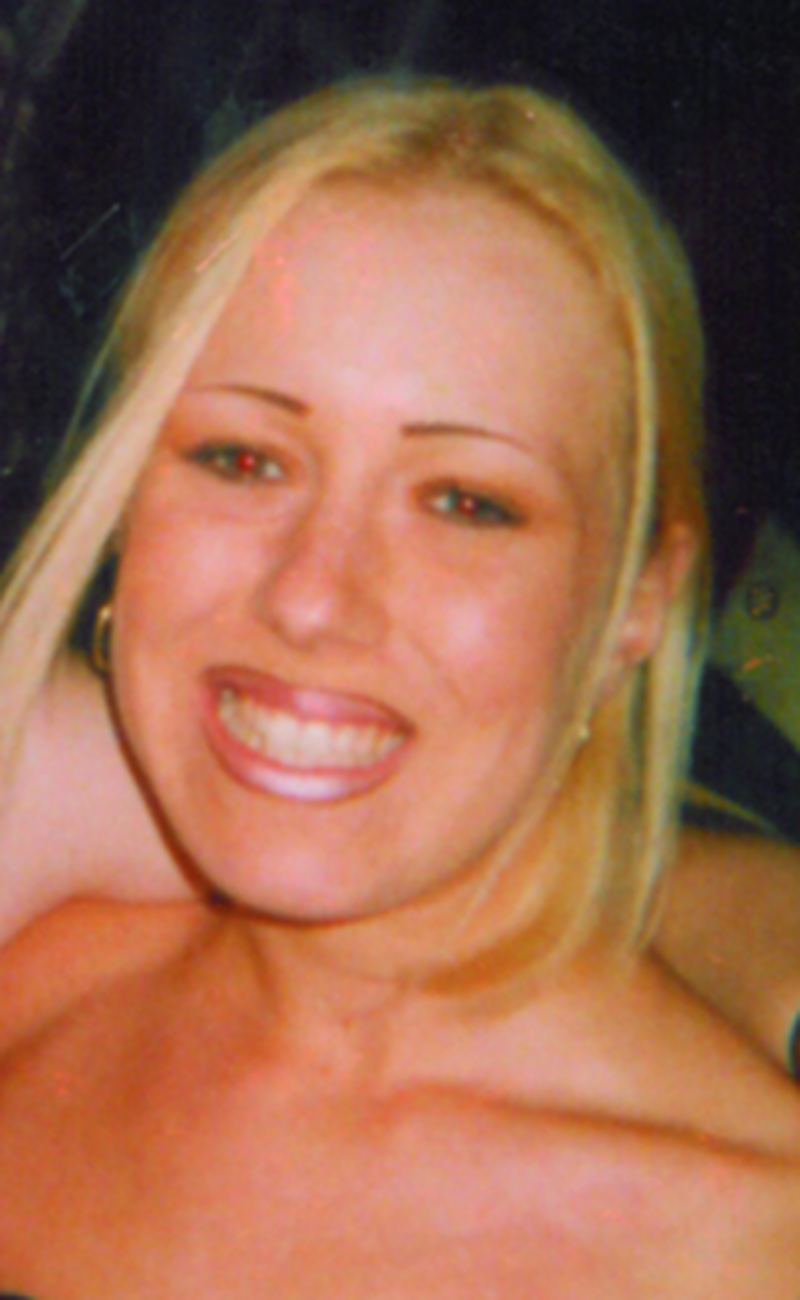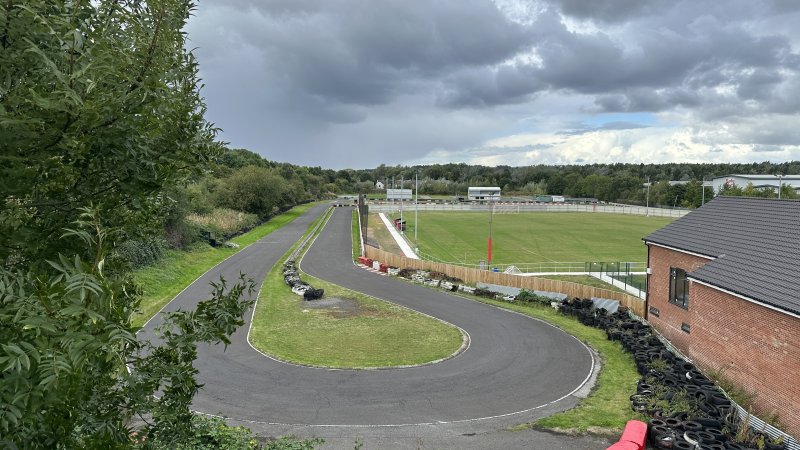POLICE investigators probing the unsolved deaths of several Barnsley residents say they are hopeful of finally cracking their respective cases thanks to new technology.
Detectives are taking advantage of advances in scientific techniques to re-examine evidence for previously undetected traces of DNA.
The team - made up of retired officers who have returned to South Yorkshire Police and now work part-time, specialising in digging up files - review the most serious cold cases from murders to historic cases of rape.
Local cases on the list include Brian Metcalfe, whose body was found on Station Road, Wath-upon-Dearne, on October 14, 2001; Wendy Gallagher, who was strangled at her home on Princess Street, Barnsley, with an electrical cord in 1991; Lindsey Scholes, who died from smoke inhalation after her home on Milgate Street in Royston was set on fire in 2001 and Martin Radford, whose bones were found in a farmer’s field in Swaithe, near Worsbrough, in 2018.
Dave Stopford, head of the police’s major incident review team, responsible for overseeing each case, said: “A lot of these crimes date back decades when they didn’t have the forensic techniques and technology we have access to now.
“The best results we produce are using DNA, especially in rape and serious sexual assault cases, as the person who committed the offence almost always leaves DNA.
“These sorts of cases present good opportunities as they haven’t been reviewed before.
“The challenge is that these incidents could have happened 30 years ago, so forensic and evidence management was not the same as it is now.
“Exhibits weren’t handled as carefully before DNA was utilised in investigations, so we get more cross-contamination from detective, scenes of crime officers and even scientists.
“We also may not have the full record of an investigation retained making it difficult to move forward.”
Currently in South Yorkshire there are 35 homicide cold cases - the oldest of which dates to 1964.
Other challenges facing the team are that some victims and witnesses don’t want to support the investigation as their circumstances have changed.
“The victims in these cases are always pleased we care enough to look back on their case, but we do get some people who say they have moved on with their lives and then we would generally not proceed without their support,” Dave added.
“It is rare we would go forward with an investigation without the support of a victim.
“Cases where a suspect could go on to carry out more crimes is an example of where we might carry out an investigation without the support of a victim.
“We remain committed to bringing the people responsible for these deaths to justice.
“However, I also want to encourage anyone who holds any information, who has not disclosed it previously, to contact us.
“Seeking justice is as important to us now as it always has been - you may think it insignificant, but even the smallest bit of information can help us piece together what happened.”
* Members of the public, whether they are witnesses, family members or have information that they want to provide, can contact the team about any historic investigation on 0114 2961399. This number has a voicemail which is regularly checked by the team.









